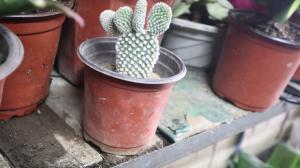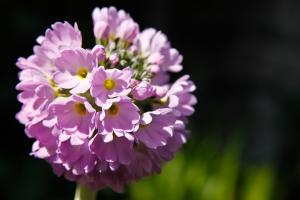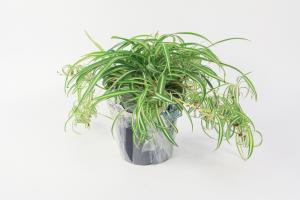Is Aloe Plant Good for Eczema?
Eczema is a chronic skin condition that causes dry, itchy, and inflamed patches on the skin. The causes of eczema are still unclear, but it is believed to be related to an overactive immune system and genetics. While there is no cure for eczema, there are many treatment options available, including the use of aloe vera plant.
Using Aloe Vera to Treat Eczema
Aloe vera is a succulent plant that has been used for medicinal purposes for centuries. The plant is native to North Africa and is now cultivated worldwide. Aloe vera has anti-inflammatory, antimicrobial, and wound-healing properties, which make it an effective natural remedy for eczema. Applying aloe vera gel to eczema-affected skin can help reduce inflammation, relieve itching, and promote skin healing.
How to Use Aloe Vera for Eczema
There are several ways to use aloe vera to treat eczema:
Aloe vera gel: Apply fresh aloe vera gel directly to the affected skin. You can extract the gel from the plant by cutting off a leaf and squeezing out the gel. Apply the gel several times a day to soothe the skin and reduce inflammation.
Aloe vera cream: You can also find aloe vera cream in health food stores and online. Look for a cream that contains at least 0.5% aloe vera. Apply the cream to eczema-affected skin after washing and drying the area. Repeat several times a day for best results.
Aloe vera juice: Drinking aloe vera juice can also help treat eczema. Aloe vera juice has anti-inflammatory properties that can help reduce inflammation from within. Drink a small glass of aloe vera juice daily to help calm eczema flare-ups.
Benefits of Using Aloe Vera for Eczema
There are many benefits of using aloe vera to treat eczema:
Natural: Aloe vera is a natural remedy that is free of harsh chemicals and toxins, making it safe for use on sensitive skin.
Anti-inflammatory: Aloe vera has anti-inflammatory properties that can help reduce redness, swelling, and itching associated with eczema.
Moisturizing: Aloe vera is a natural moisturizer that can help hydrate dry, flaky skin caused by eczema.
Antimicrobial: Aloe vera has antimicrobial properties that can help prevent infection in areas of compromised skin.
Wound-healing: Aloe vera can help promote skin healing and reduce scarring caused by eczema and other skin conditions.
Cautions When Using Aloe Vera for Eczema
While aloe vera is generally safe for use on eczema-affected skin, there are a few precautions to keep in mind:
Potential allergic reaction: Some people may be allergic to aloe vera. To test for an allergic reaction, apply a small amount of aloe vera gel to a small area of skin and wait 24-48 hours to see if an allergic reaction occurs.
May not work for everyone: Aloe vera may not be effective for everyone with eczema. If your eczema symptoms persist or worsen, consult your healthcare provider for alternative treatment options.
Choose high-quality products: When using aloe vera cream or juice, choose high-quality products to ensure maximum benefits.
Be cautious with oral consumption: While aloe vera juice is generally safe for consumption, it can cause diarrhea or other digestive issues in some people. Start with a small dose and gradually increase to avoid any adverse effects.
Conclusion
Aloe vera is an effective natural remedy for eczema that can help reduce inflammation, relieve itching, and promote skin healing. With its anti-inflammatory, antimicrobial, and wound-healing properties, aloe vera can provide many benefits for those with eczema. However, it is important to take precautions when using aloe vera and to consult your healthcare provider if your eczema symptoms persist or worsen.

 how many times do yo...
how many times do yo... how many planted tre...
how many planted tre... how many pine trees ...
how many pine trees ... how many pecan trees...
how many pecan trees... how many plants comp...
how many plants comp... how many plants can ...
how many plants can ... how many plants and ...
how many plants and ... how many pepper plan...
how many pepper plan...





























